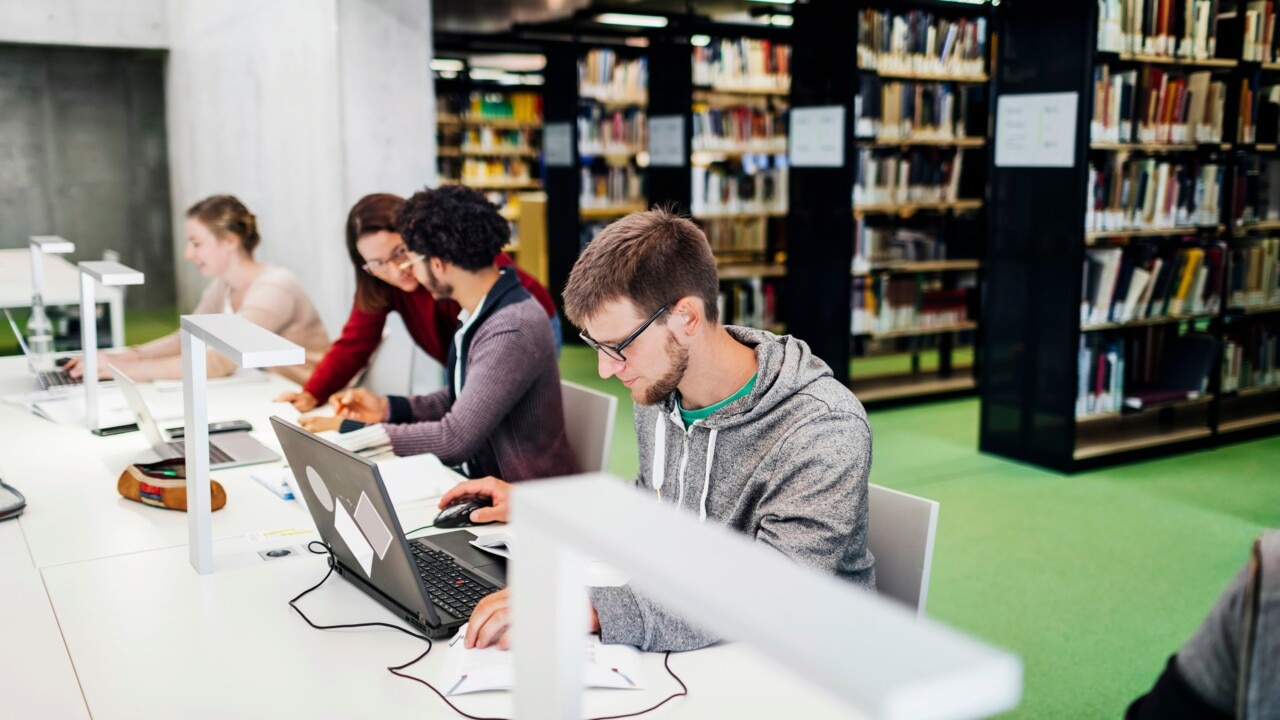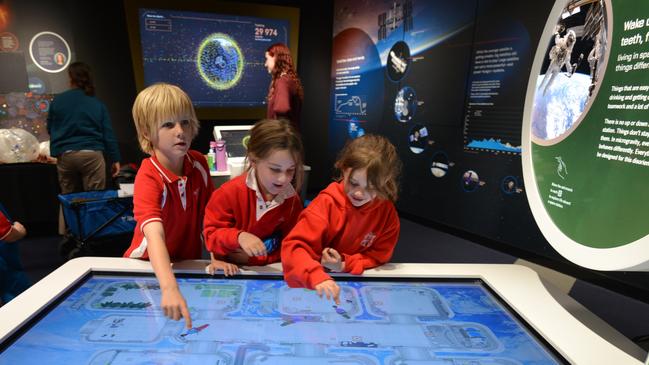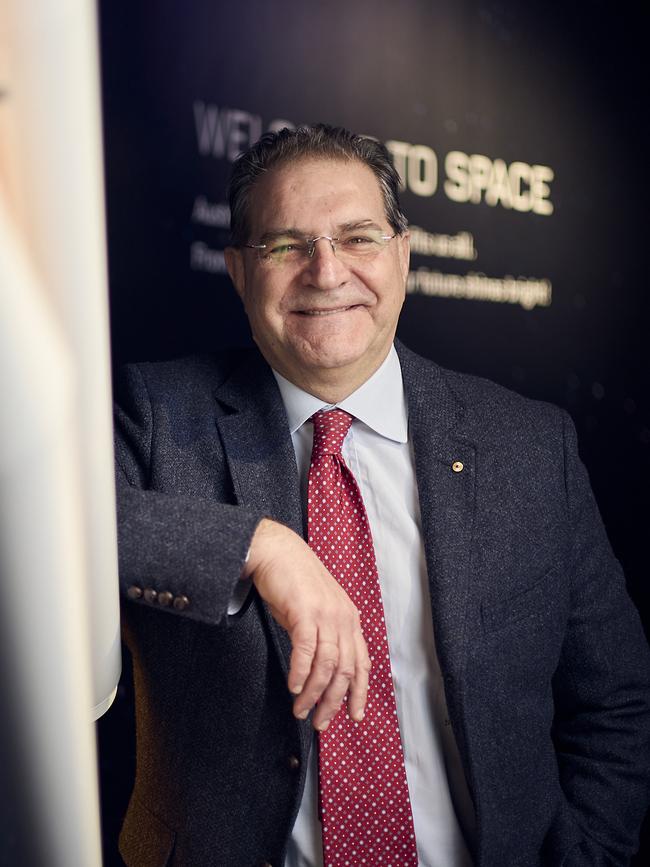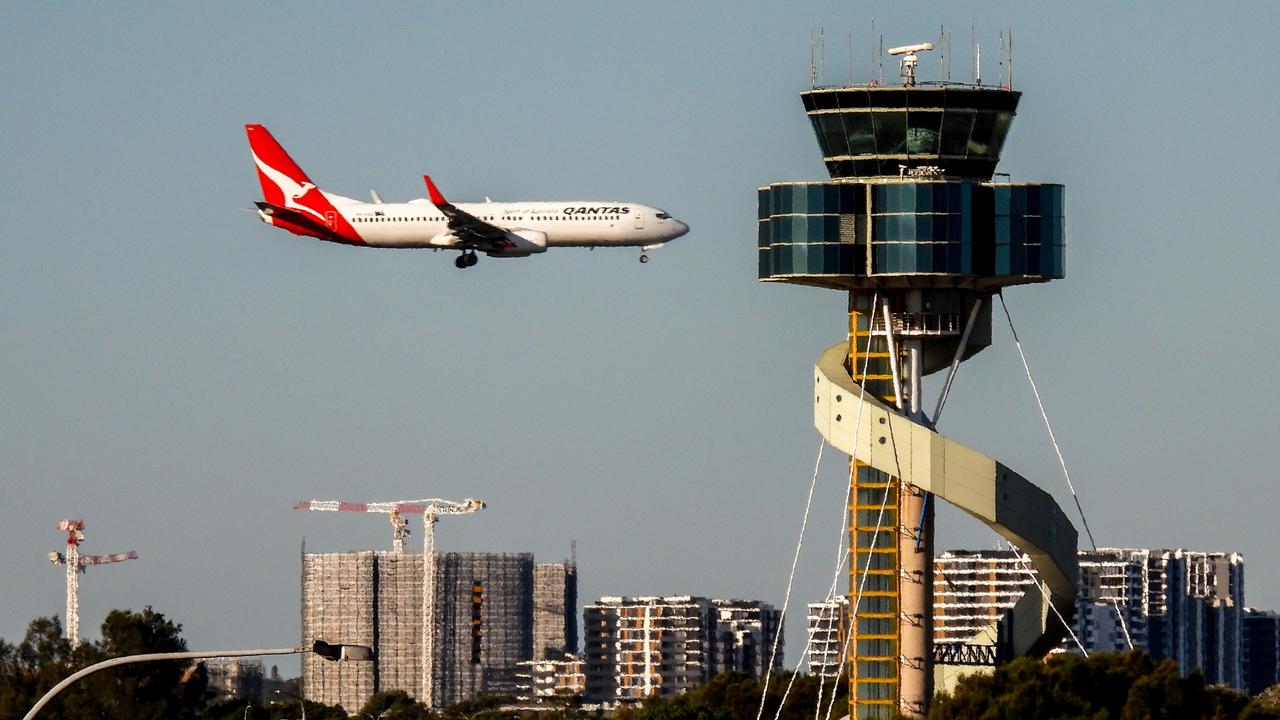STEM culture change needed to avoid engineer, hi-tech worker shortage
A shortage of engineers and hi-tech workers is looming as student interest in STEM wanes, but a new book proposes a bold approach that could reverse the trend.

Business
Don't miss out on the headlines from Business. Followed categories will be added to My News.
Developing a culture that encourages STEM learning, both inside and outside of the classroom, will be crucial to avoiding the looming shortage of engineers, scientists and other specialists.
That’s according to a new blueprint designed to tackle waning interest in STEM careers, which is expected to threaten new defence, space and mining projects in SA.
The ideas are detailed in a new book written by Adelaide business leader and consultant Nicola Sasanelli, South Australian Museum strategic projects manager Brenan Dew and Elisabetta Dalfino – an education consultant based in Bari, Italy.
Taking inspiration from Europe, it underlines the importance of creating a culture change in Australia, aimed at sparking an interest in problem solving and STEM subjects from an early age.
Regular and compulsory visits to museums, science centres and other cultural institutions are proposed by the authors as part of what they describe as a “dynamic and synergistic” approach to hands-on and interactive learning.

Mr Sasanelli, who established research firm Agora High Tech last year after playing an instrumental role in getting the South Australian space industry off the ground, said there was an urgent need for a new approach to encouraging more young people to consider STEM pathways.
“With the AUKUS program, defence projects and space becoming an important industry for Australia, we need to create future generations of engineers and people with the hi-tech skills needed to deliver these projects,” he said.
“It comes down to creating a culture that encourages STEM learning early in a child’s education, and which isn’t left solely to a traditional classroom setting.
“Periodic visits to museums and science centres should be considered compulsory as part of the curriculum, in order to engage young students early in their education, and ultimately encourage them to be part of the diverse and innovative STEM workforce that will be needed for Australia to compete on the global stage.
“A new approach requires a concerted effort from policy-makers, educators, parents and the broader community.”

Mr Sasanelli points to the success of the Kids in Space program, run by Adelaide-based 3D design learning provider Makers Empire, the Australian Space Agency and the Andy Thomas Space Foundation.
The program, which introduces students to space technology and promotes awareness of job opportunities in the space industry, was rolled out for the first time last year to close to 10,000 primary and middle school students across the country.
Makers Empire director of learning Mandi Dimitriadis said it was critical that STEM education began in early childhood, and nurtured young people as critical thinkers, problem solvers and innovators throughout their education.
“This should not be seen as solely the responsibility of pre-schools, schools and universities,” she said.
“We need to create a STEM ecosystem where young people develop skills, knowledge and mindsets by consistently engaging in diverse, hands-on, experiential learning inside and outside the classroom.
“Fostering a vibrant STEM culture requires supportive policies and consistent approaches between formal learning environments and public learning places such as museums and science centres.”
Proceeds from the sale of the new book – A dynamic and synergistic environment where STEM knowledge flourishes – will go towards an education project designed by Makers Empire to promote STEM subjects in the APY Lands.




